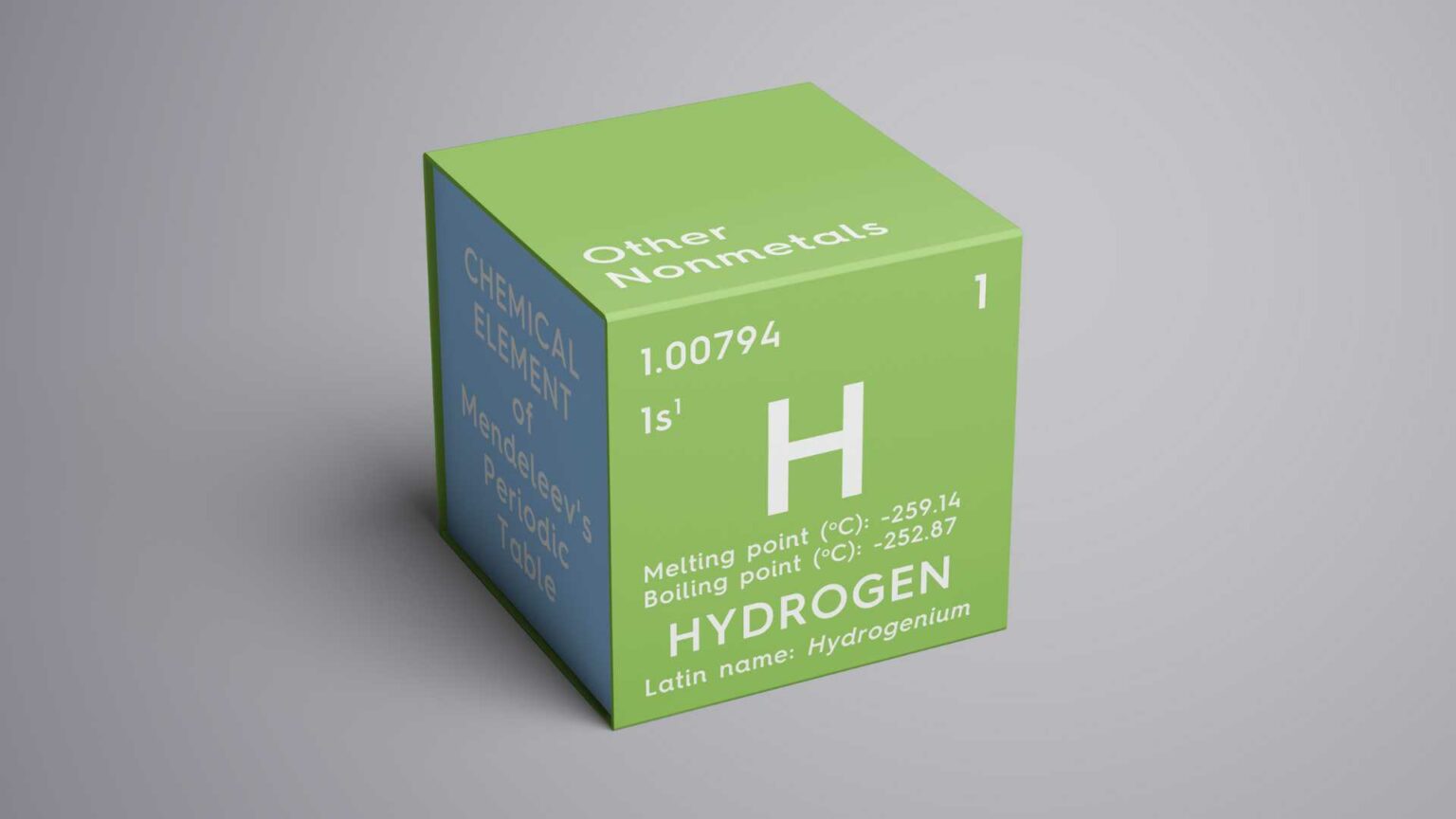Published in the International Journal of Hydrogen Energy, a recent scientific study led by Manhou Li, Shijie Ji, Quan Li, Yingkang Yao, and Quanmin Xie explores innovative approaches to suppressing explosions in hydrogen-enriched compressed natural gas (H-CNG) systems.
The findings present significant implications for safety protocols in the hydrogen energy sector.
Hydrogen-enriched compressed natural gas is seen as an emerging fuel alternative that offers lower emissions compared to conventional fuels. However, the integration of hydrogen into natural gas raises critical safety issues, particularly the risk of explosions. The study’s relevance is underscored by the growing investments in hydrogen infrastructure, where ensuring safety is paramount.
The researchers investigated the effectiveness of ABC powder and a composite powder of potassium bicarbonate and zeolite in suppressing explosions within H-CNG systems. The study found that both suppression agents are effective, but the potassium bicarbonate-zeolite composite powder demonstrated superior performance in controlling explosion severity and mitigating associated risks.
The study employed rigorous experimental setups to test the suppression capabilities of the materials. Key technical details include the use of standardized explosion chambers and advanced analytic techniques to measure the pressure and temperature changes upon the introduction of suppression agents. The comparative effectiveness was gauged through consistent suppression indices, providing a clear quantitative analysis.
Potential Applications
The findings suggest immediate applications in enhancing the safety frameworks for H-CNG storage and transportation. Industries involved in the deployment of hydrogen fuel systems, including automotive and energy sectors, may integrate these suppression powders into their safety protocols, potentially reducing the risks of catastrophic failure.
This research could influence regulatory standards and safety guidelines, prompting updates to existing frameworks to incorporate advanced suppression technologies. Further studies are expected to build on these findings, exploring additional materials and methods for explosion suppression. This could lead to innovation across the hydrogen supply chain, from production to end-use applications.





